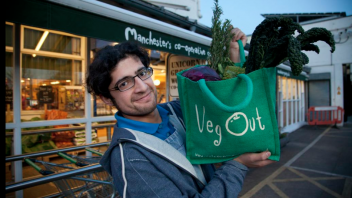
We’d like to thank Kate Whittle from Cooperantics for this guest post responding to my TEDx talk (The unstoppable rise of the collaborative economy) and exploring further one of the key facets, which is the potential of the co-operative business model. Here’s the talk just in case you haven’t seen it.
Shane Hughes TEDx Lausanne
Very interesting TEDx talk by Shane Hughes, inspiring and thought-provoking. I’d like to add some thoughts on the potential of the co-operative business model as part of this collaborative economy.
Shane includes the economic components of capital, labour, land and information in the ‘Electronic revolution’. However I think there’s an additional dimension here, which is that in the capitalist model Capital hires Labour – people become just another input (e.g. ‘Human Resources’) so the whole purpose of business becomes the generation of return on investment for the people who provide the capital – the investors.
In a co-operative, Labour hires Capital – capital becomes merely another resource that the business requires to produce its services or products. The aims of the business are to produce excellent goods and services, to provide good terms and conditions for employees, to be fair to suppliers, to provide limited* returns on investment for investors, to support local communities and to respect the environment.
*unlike a capitalist business, where the more successful the business is, the higher the return for investors, a successful co-operative sets limits on interest and instead ploughs profits back in the business and pays dividend payments to members.
Suma Specialists Wholesale
We need to wake up to the fact that the current business model – as exemplified in TV programmes like Dragons Den and The Apprentice – is not the only way of doing business. Many people in alternative circles are wary of the word ‘business’ assuming that it implies the current model with its emphasis on profits at all costs and its denial of any responsibility for the social or environmental impact of its operations. I believe we need to reclaim the word ‘business’ and demonstrate that business can be run for the benefit of all – a co-operative business model.
So the co-operative model is an alternative business model to the current one – a business model which responds to the needs of all stakeholders; employees, customers, suppliers, the local community, the environment and future generations, as well as investors. It fits well with your collaborative economic model.
But there are different types of co-operatives, not only according to economic sector (farming, fishing, print, IT) but also according to their ownership. All co-operatives are owned and controlled by their members, but co-op members can be retail consumers (The Co-operative) users of services (The Phone Co-op) tenants (housing co-ops) savers and borrowers (credit unions) or employees (worker co-ops) and it is in the worker co-operative category, where the owners are employees, that we are most likely to find a challenge to hierarchical relations of production.
Calverts: Angie Hillcoat (Senior Designer) and Arthur Stitt (Projects Director) on the Heidelberg Press
At a recent London conference Noam Chomsky (Professor (Emeritus) Dept of Linguistics & Philosophy at MIT) pointed out that “some co-ops are more equal than others”. Chomsky maintains that co-operatives can be an important part of a project to change society but only if they challenge current relations of production. In a worker co-operative, employees own the means of production. They are directors and employees, and must learn to differentiate their role as a director from the day to day role of running the business. Co-operators recognise that the management role is a function like any other and does not confer any special status. Importantly, they also need to understand the rights and responsibilities of membership as well as how to work as a team, how to take decisions and delegate, how to hold management accountable, and lastly but most importantly, how to encourage participation and thereby build commitment.
Worker co-operatives can be found in various sectors of the UK economy, for example:
– wholefoods wholesale (Essential)
– wholefoods retail (Unicorn Grocery)
– print (Calverts)
– design (Wave)
– recycled paper (Paperback)
– software (software co-op)
– web hosting (Webarchitects)
– bike retail (Edinburgh Bike Co-op)
Unicorn grocery
However they are often quite small and they make up the minority of co-operatives in the UK (0.6% of the UK co-operative economy in 2012)
Finally, I should also mention that there is also a co-operative consortium model, useful for bringing groups of self-employed individuals (such as artists and actors) together to provide themselves with mutual services such as workspace or exhibition space, or in the case of actors, agency services. The co-operative consortium model could be an excellent basis for a collaborative project that needs a legal constitution.
I hope this is useful. If you’d like to know more about co-operatives, check out Co-operatives UK and for more on co-operative skills, see www.cooperantics.coop
For a summary of Noam Chomsky’s speech at the Rebellious Media Conference in London in 2011, see http://cooperantics.wordpress.com/
Image credits : Suma, Sion Whellens and Unicorn Grocery respectively

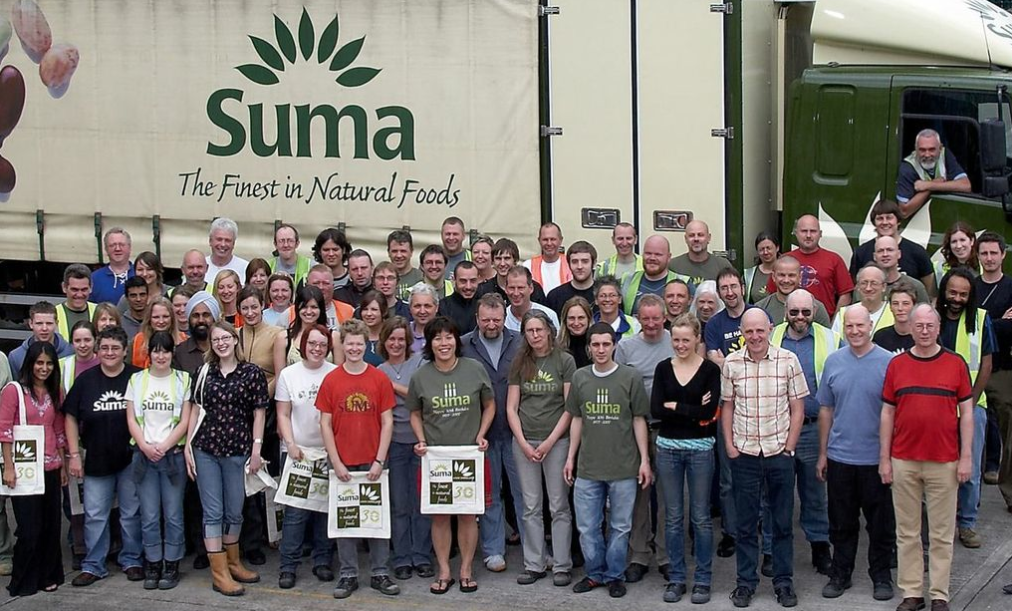
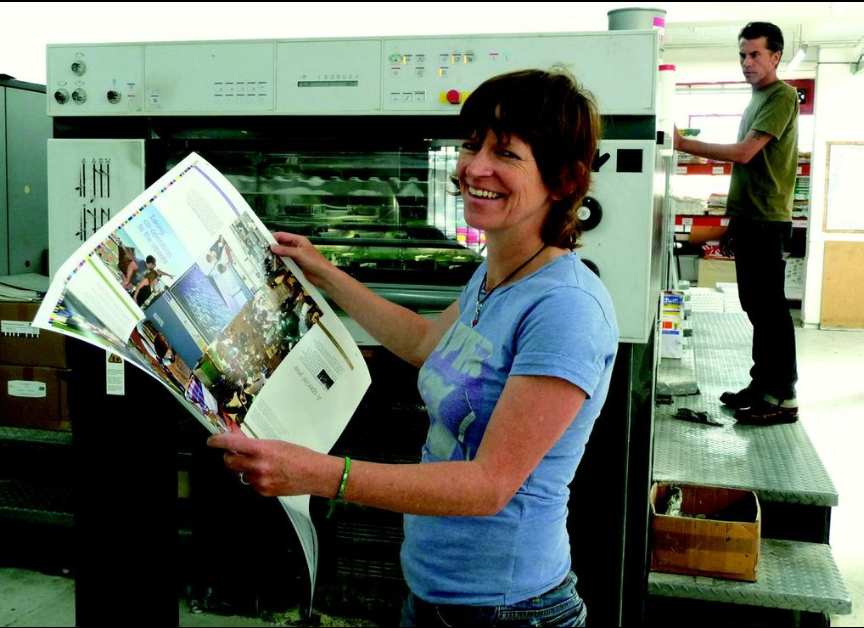

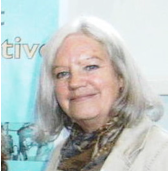
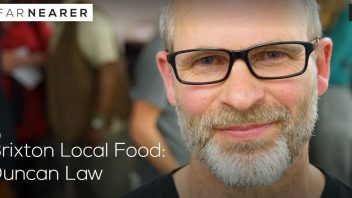








All the businesses we start/buy in Hybrid Towns will be co-ops:
https://www.facebook.com/groups/224148967647327/